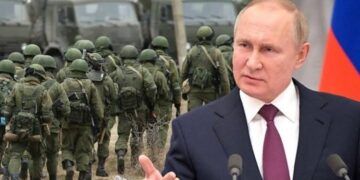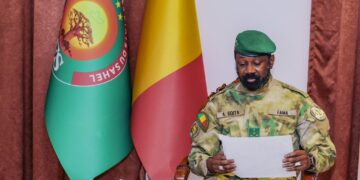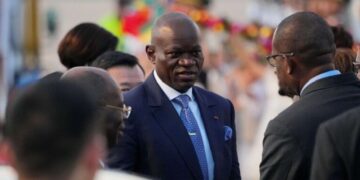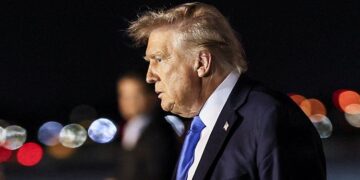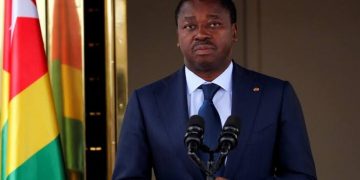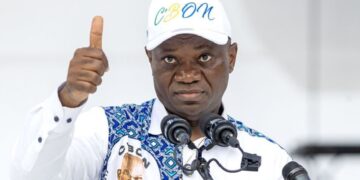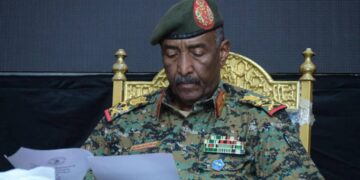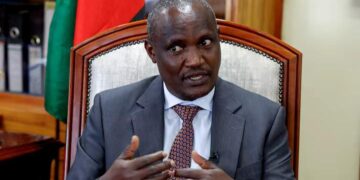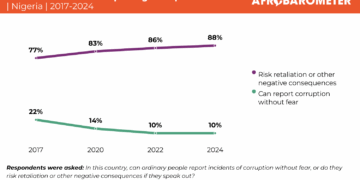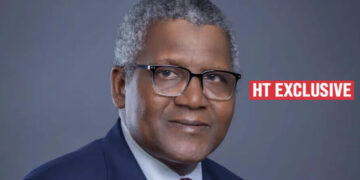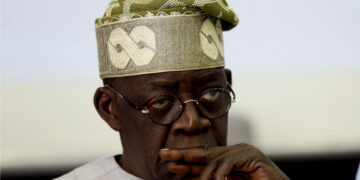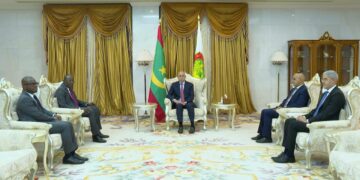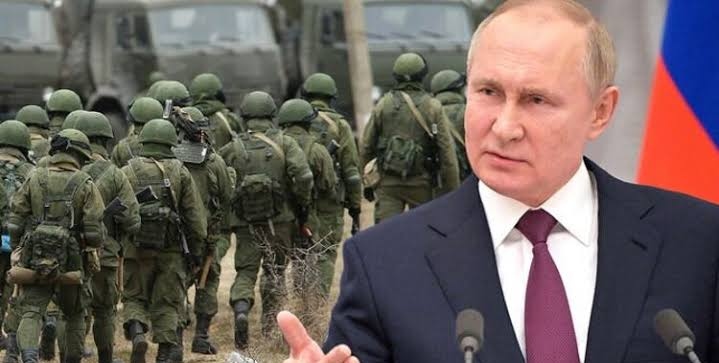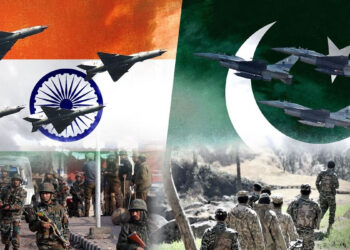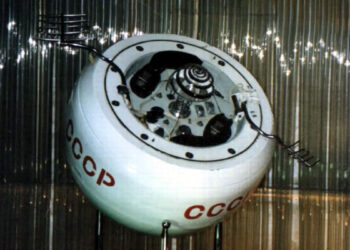The removal of Bashar al-Assad from power in Syria has thrown Russia’s regional strategies into disarray. Analysts believe the Kremlin is shifting its focus to Libya as it seeks a new stronghold in the Mediterranean and Africa.
Russia has long relied on a network of facilities along Syria’s coastline, including a naval base and airfield, to sustain its military operations. These locations supported Moscow’s influence across the Mediterranean, the Sahel, Sudan, and the Central African Republic. However, Assad’s downfall has disrupted that framework.
While Syria’s new president, Ahmed al-Sharaa, has described Russia as an “important country” and expressed a desire to maintain ties, the shifting power dynamics are compelling Moscow to recalibrate. Libya now appears to be its next frontier for maintaining influence.
Russian forces, including Wagner mercenaries, have aligned with eastern Libyan leader Khalifa Haftar, who opposes the internationally recognised Government of National Unity (GNU) in Tripoli. Turkey backs the GNU, adding another layer of complexity to the region’s volatile politics.
Jalel Harchaoui, an expert at the Royal United Services Institute (RUSI), said Moscow’s priority is to safeguard its existing military initiatives across Africa. “The goal is notably to preserve the ongoing Russian missions in Africa,” he said, adding that the move reflects Russia’s efforts to compensate for its losses in Syria.
An investigative report from All Eyes On Wagner, a Swiss-based group, revealed extensive Russian military activity in Libya. Their findings point to operations at multiple sites, including the strategic port of Tobruk, where military shipments were recorded in early 2024. Russian troop presence in the country has also risen sharply.
On 18 December, The Wall Street Journal reported that Russia had moved advanced defence equipment from Syria to Libya, including S-300 and S-400 air defence systems. The report cited sources from Libya and the United States.
Rising Engagement
Russia’s focus on Libya intensified after Assad’s fall in December, with fresh supplies of military equipment and additional troops arriving from Russia and Belarus. Ukrainian intelligence claimed Moscow was using cargo ships to transport arms and other resources to bolster its position in Libya.
Rather than a simple pivot, this shift represents a broader strategic adjustment. Emadeddin Badi of the Atlantic Council described Libya as part of a long-term effort by Russia to expand its reach and secure influence in a geopolitically vital region.
Expanding Its Reach
Badi noted that Assad’s regime provided Russia with a critical platform to counter NATO and test its military capabilities. Haftar, he suggested, offers a similar opportunity, allowing Moscow to challenge Western interests while consolidating its position in Africa.
Libya’s internationally recognised government and its European neighbours, particularly Italy, have raised alarms about Russia’s actions. NATO and the European Union are closely monitoring these developments.
The United States, meanwhile, has reportedly urged Haftar to deny Russia a permanent foothold at the Tobruk port, a location Moscow has been eyeing for years.
Even so, experts caution that Libya will not offer Russia the same latitude it enjoyed in Syria.
“Syria was convenient,” said Ulf Laessing, a senior analyst at the Konrad Adenauer Foundation. “It was this black box with no Western diplomats, no journalists. They could basically do what they wanted.”
He added, “In Libya, it will be much harder. The visibility of Russian activity will make it difficult to operate without scrutiny.”
Complicating matters further is the crowded playing field in Libya. Turkey supports the Tripoli government, while Egypt and the UAE back Haftar, creating overlapping alliances and rivalries.
Since the fall of Muammar Gaddafi in 2011, Libya has remained divided between competing factions. According to Laessing, “everybody’s trying to work with both sides,” including Turkey, which has recently explored closer ties with Haftar.
Still, Russia is unlikely to put all its hopes on Haftar alone. Vlad Shlepchenko, a journalist for pro-Kremlin outlet Tsargrad, has warned against repeating the mistakes made in Syria, where Russia relied heavily on a single leader without preparing alternatives.
Haftar, for his part, may resist fully aligning with Moscow, given his ongoing engagement with Western nations.
“There are probably limits to what the Russians can do in Libya,” Laessing concluded.
